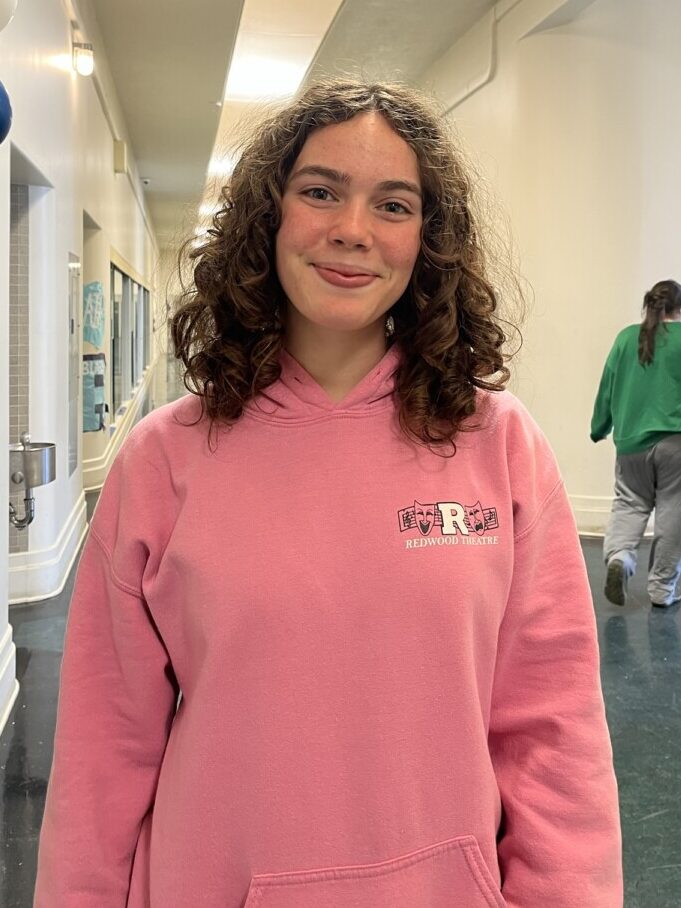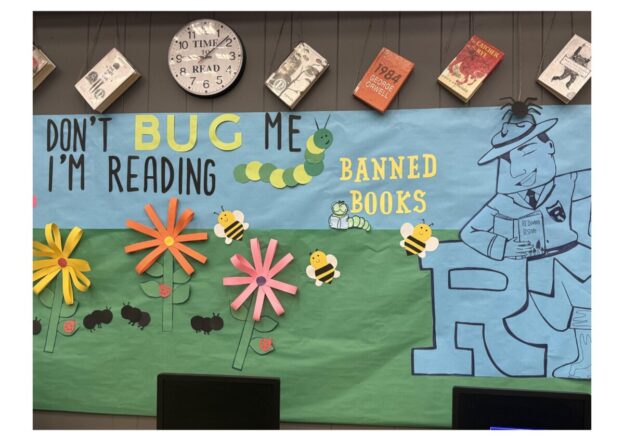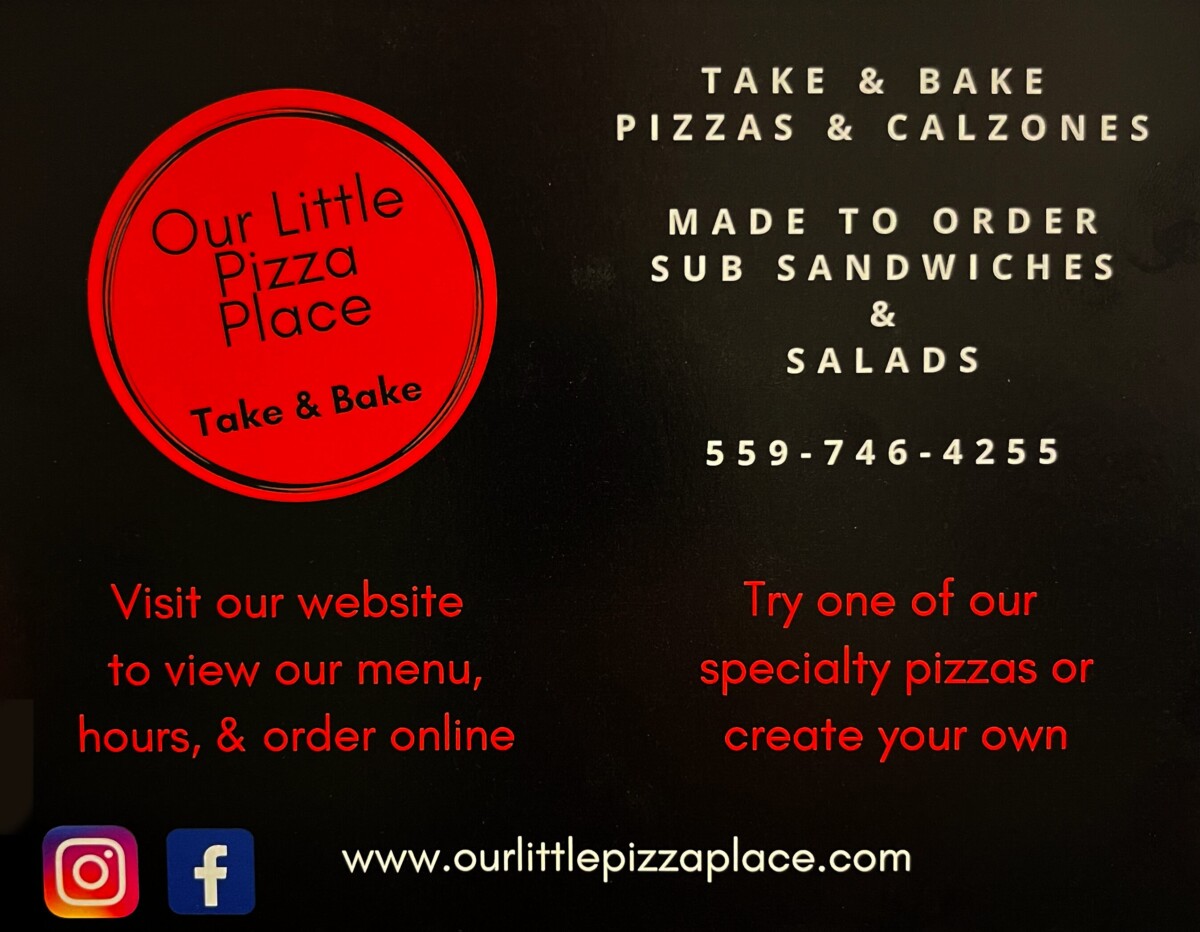As attempts to ban certain books surge in the country, students at Redwood High School weigh in on the impact that restricting access to literature has on the youth.
By: Greer Olson
On January 20th, 2017, Donald Trump was inaugurated and put into office for his first term as President of the United States of America. While efforts to censor free speech had already been made, Trump’s first term was a larger step forward and following his second term beginning on January 20th, 2025 could be a step that could cause substantial damage.
Although President Trump hasn’t explicitly said that his campaign includes this book ban or is affiliated with Project 2025, there is evidence to contradict that. A little more than two months after his inauguration, he has appointed certain members that have or had ties to Project 2025 to his cabinet. This project includes wanting to take down and restructure the Department of Education and limit talk of diversity in schools.
For thousands of years, governments have banned books or even completely burned all copies. Multiple dystopian-style books have been written to have people reflect on the topic of censorship, like Fahrenheit 451, which ironically is on the list of “banned books.” Although, the topic around the ethics of banning a book can get heated. Legally, the U.S. government can not ban a book entirely, though they can have it removed from government-funded spaces like a public school and a public library.
In many states, parents also have a say in what can and can’t be on shelves. In multiple states, a parent or member of the community can send in a request to remove a book from the school library, and depending on the content and sometimes the dominating party of the district the book may be deemed inappropriate for children.
This might seem reasonable at first glance, but the term inappropriate gets stretched and used as a cover-up for homophobia, racism, and general censorship. Many of the books being “banned” have topics of LGBTQ+, racism or diversity, rebellion, sexuality, mental health, anti-government, and anti-religion.
This censorship, especially on younger children, can cause damaging effects. It narrows a child’s mind and doesn’t give them a chance to explore identities and cultures. Book banning is not protecting children, it is cutting off knowledge and potential of the youth.
Reading is such an important part of education and many people are able to find something in it. Whether it’s a hobby or comfort, reading is vital to how someone thinks.

Brynnlie Travis, ’26
Photo A.Estrada/Gigantea
Brynnlie Travis, ’26, who is the president of Redwood’s Paperback Rangers club, says that her inspiration to start the club was to create a supportive environment to encourage reading, as she believes it’s important. Her reading has always been enjoyable for her. She likes, “the message they tell, because a lot of times authors use fantasy stories to talk about topics that happen in everyday life.”
Travis also expresses that the book ban is going to change how students perceive the world regarding heavy topics that will be getting censored. She says that “if it’s covering heavy topics and it’s not in a form of media they have access to, then they won’t know how to react to real-world problems.” Along with that, she also says that the quality of English classes will decline if books like Lord of the Flies, The Hate You Give, and most of Shakespeare’s works are removed from classroom settings.
Along with Travis, Amelia Fultz, ’26, who is the Vice President of the Paperback Rangers, discusses her concerns. She thinks that as book bans becomes more of a reality, it’ll be, “easier for people to lose that sense of perspective.”
Fultz also adds on later that in history, books have been banned and it didn’t turn out well. Fultz says, “it’s teaching people that it’s okay to be complacent in these sorts of things” and then proceeds to say that it’s like you’re teaching people to not learn.
A question persists of if there should be a limit on what children and teens are allowed to read. Fultz says no. She believes that “the reason we formed America was to have freedom. We have freedom of speech, we have freedom of the press, and we have the freedom to think what we want.”
Tags: books, features, rangers, Redwood, redwood books, redwood features, redwood gigantea, redwood high school, redwood journalism, redwood rangers, rhs, rhs books, rhs features


